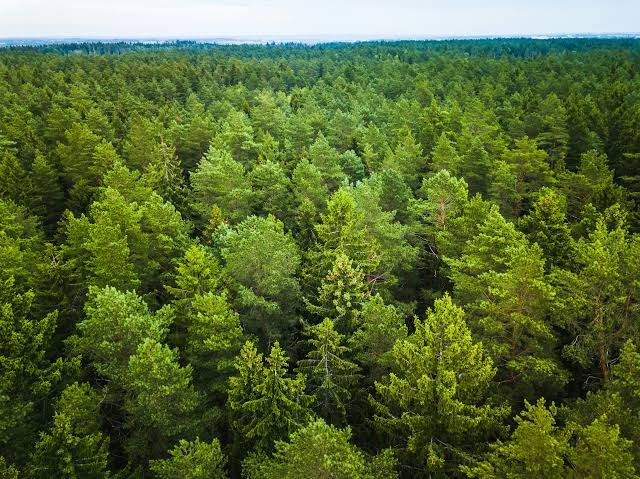Forests crucial for economy, biodiversity, not just carbon credits — Bangladeshi official

By Abbas Nazil
Forests must be recognized as critical to economic growth, biodiversity conservation, and the well-being of future generations, not merely as instruments for carbon trading, according to Syeda Rizwana Hasan, Environment, Forest and Climate Change Adviser of Bangladesh.
Addressing a national workshop virtually on June 28, 2025, Rizwana emphasized the need for inclusive stakeholder participation in forest management and the sustainable use of natural resources.
The event, held at the Forest Department headquarters in Dhaka, was titled “Workshop for the Second Cycle of the National Forest Inventory of Bangladesh and National Validation Workshop on the Generation of the Land Cover and Natural Capital Map and Developing Integrated Collaborative Forest Management Plans.”
It brought together key figures from government agencies, development partners, academia, and research institutions to review progress and strategies for forest resource management.plpllll
In her remarks, Rizwana underscored that forests should be valued for their ecological roles, including oxygen production and habitat provision, rather than being seen solely through the prism of carbon credit markets.
She cautioned that continued reliance by developed countries on purchasing carbon credits without meaningful reductions in their own emissions would not address the global climate emergency.
She advocated for restoration of degraded forests, implementation of community-based management strategies, and development of realistic, data-driven forest management plans.
Drawing attention to past programs like the Sustainable Forests and Livelihoods (SUFAL) project, Rizwana highlighted the importance of learning from earlier efforts and validating project outcomes to improve future initiatives.
The second cycle of the National Forest Inventory is expected to significantly enhance Bangladesh’s forest resource database, aiding in policy formulation, sustainable resource use, and climate change mitigation.
The adviser also emphasized the utility of integrated land use and natural capital maps to guide sustainable development efforts nationwide.
She recommended digital monitoring, third-party evaluation, and regular five-year updates to ensure the reliability and continuity of data.
Importantly, Rizwana stressed the need for domestic financing and institutional capacity to drive forest inventory efforts, advocating reduced dependence on international assistance to ensure national ownership and long-term sustainability.
The workshop was chaired by Chief Conservator of Forests, Md. Amir Hosain Chowdhury. Other notable attendees included Dr. Farhina Ahmed, Secretary of the Ministry of Environment, Forest and Climate Change; Xiaokun Shi, FAO Representative in Bangladesh; Dr. Md. Kamruzzaman, Director General of the Department of Environment; and Malik Fida A Khan, Executive Director of CEGIS. Gobinda Roy, DCCF and Project Director of SUFAL, delivered the welcome address.
Keynote presentations were delivered by multiple experts, including Md. Abdullah Abraham Hossain, Mohammad Shahidul Islam, Dr. Nikhil Chakma, Rajib Mahmud, and Zaheer Iqbal.
Participants reaffirmed the need for collaborative efforts in advancing sustainable forest management and environmental stewardship across Bangladesh.
